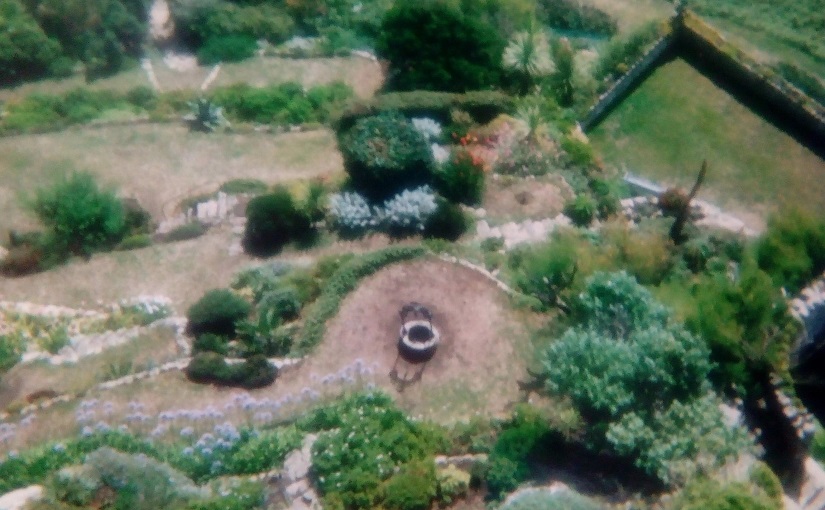It’s fascinating, and daunting, to think how all our actions are connected. Perhaps they always have been, just not to this extent or with this degree of relative openness and scrutiny. While the true breadth and intention behind the commercial realities dominating global interactions might be difficult to fully grasp, it’s at least becoming possible to attempt to fathom all we’re a part of.
Where community and the transactions making up our lives used to be much more local, immediate and small-scale, modern life’s pulled us into this vast, remote and largely invisible reworking of that. It’s perhaps more or less the same, except we don’t see the consequences or understand the roles people are playing unless we choose to (Notes One).
So much can be happening in life – even quite close to home – without our knowing. Technology has this wonderful way of making us feel overwhelmingly well-informed yet perpetually distracted, with attention spans shaved down to mere seconds. Knowing how to judge, what matters, and where to focus our time and energy may well be our most pressing challenge.
Because all our actions clearly feed in “somewhere” (Notes Two). All of our words and attitudes ripple out to impact or empower others, perhaps becoming part of patterns that really need addressing. Our consumer choices all take their place in trends that push profit in one direction while often inflicting personal, social or environmental suffering elsewhere.
All we’re doing, particularly when it comes to money, surely represents “power” in the real world? We can push ourselves forward or push others back, thinking it’s only natural we benefit from our advantage. It’s a difficult world in which to establish a sense of justice; especially when so much is set in motion from the moment of birth.
Grasping the truth of modern interactions seems so important – what does it all “mean”? What’s the “right” way to act in order to support that which we wish to support and not inadvertently take part in perpetuating situations we’re wanting to eradicate? Getting to the point of understanding these systems well enough to act ethically and creatively within them could be one of our most exciting opportunities.
Not to get caught up in well-worn conversations around capitalism, Marxism or the influence of, say, Protestant ethics on financial attitudes, it’s interesting to consider the power and responsibility we all have in this.
Knowing where we stand and what our choices will mean for others must be fairly essential: given the world is as it is, what are we creating by way of the decisions we’re making? Does the profit arising from letting out property truly outweigh the cost to others of never being able to have the same security? Does cheap, convenient food justify its impact on local agriculture or distant communities?
The responsibility of knowing what our choices actually entail is such a challenge; but using those choices intentionally to truly benefit the lives of others is a beautiful thought for how we might live.
Notes and References:
Note 1: What it is to be human
Note 1: Technology as a partial reality
Note 1: Does anything exist in isolation?
Note 1: Economy as a battleground
Note 1: Interdependency
Note 2: What we create by patterns of behaviour
Note 2: Overwhelm and resignation
Note 2: Any escape from cause & consequence?
Note 2: The power of understanding
Note 2: Life’s never been simpler…
In a similar vein, “Quest for a Moral Compass” raised some interesting questions around our individual and collective realities.

